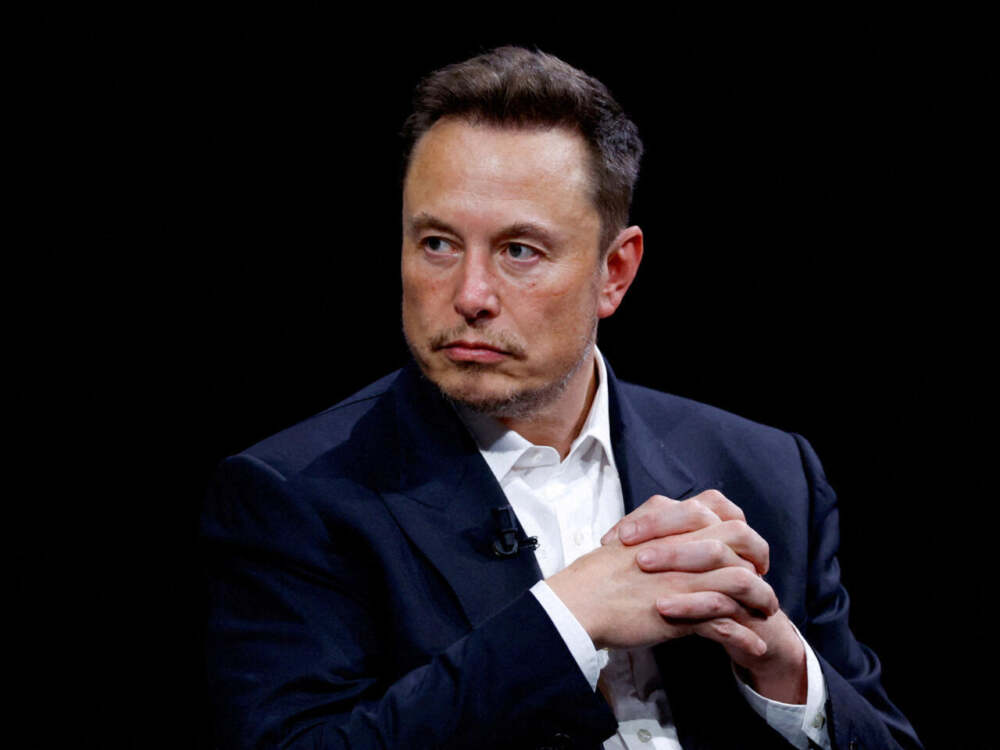A massive far-right demonstration in London over the weekend — billed as the “Unite the Kingdom” march — drew over one hundred thousand people and sparked sharp political tensions after Elon Musk called for dramatic change in Britain’s governance.
The Rally & Musk’s Speech
Organised by far-right activist Tommy Robinson (legal name Stephen Yaxley-Lennon), the rally was a gathering of nationalist, anti-immigration sentiment. Attendees carried British and English flags, anti-migrant signs, and expressed frustration with the current government’s handling of migration and free speech issues.
From a video link, Elon Musk addressed the crowd, urging for a dissolution of the UK Parliament and calling for a new government. He declared that Britain “cannot wait another four years,” implying that the existing electoral cycle is too slow a remedy. Musk also issued a stern warning: “Violence is coming… you either fight back or you die,” emphasizing what he described as a moral imperative for the political “centre” to act. He criticised what he termed the “woke mind virus,” alleging that political left-wing movements celebrate violence and undermine traditional values.
Counter-Protests and Police Response
Not all voices at the event aligned with Robinson’s message. A counter-protest organized under the banner of combating racism mustered around five thousand people, including prominent anti-racism figures and Members of Parliament. The two groups remained physically separated for much of the day, but tension escalated.
Police forces reported that parts of the demonstration fell into disorder: protesters threw bottles and flares, clashed with officers, and sought to breach containment lines. Around 25 arrests were made, and more than 25 officers were injured, several seriously. Authorities described parts of the crowd’s behaviour as aggressive and some of the planned route as overwhelmed by sheer numbers.
Political Fallout & Criticism
Government ministers condemned Musk’s remarks as deeply troubling. One senior official described the call to dissolve parliament as irresponsible, especially given its potential to inflame tensions. Others warned that invoking violence or suggesting destabilisation of democratic institutions could cross the line from protest into incitement.
Meanwhile, supporters of the march argued that the rally was an expression of legitimate concern over immigration, government accountability, and what they perceive as silencing of conservative voices. They see Musk’s intervention as support for long-standing frustrations with the status quo.
Broader Implications
This event marks one of the largest gatherings of far-right organiser-led nationalistic protest in the UK in recent years. It underscores rising polarisation, especially on topics of migration, national identity, and free speech. Musk’s role raises questions about the influence of powerful individuals, especially tech magnates, in shaping political narratives beyond their home countries.
There is also growing concern among political analysts that such events and rhetoric may increase societal divisions, embolden extremist groups, or push discourse toward confrontational and radical positions rather than constructive debate.
What to Watch
- Whether political parties respond with legislation or policy aimed at countering calls for parliamentary dissolution or incitement to violence.
- How law enforcement and home affairs offices manage future protests of similar size and nature, including balancing rights to free speech with public safety.
- The responses from civil society, media and opposition leaders to Musk’s speech; whether there will be legal or reputational consequences.
- The impact on public opinion: whether the momentum from the march yields political change or reinforces existing divisions ahead of the next elections.
















Leave a Reply